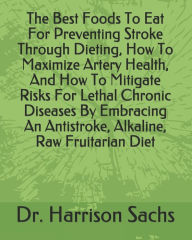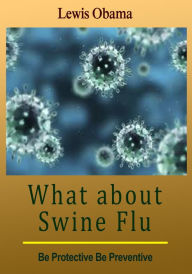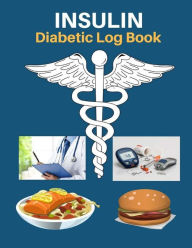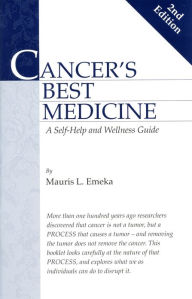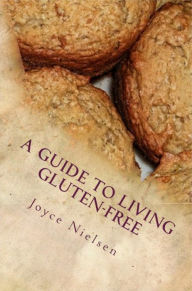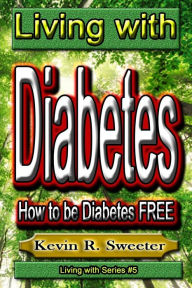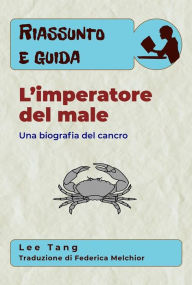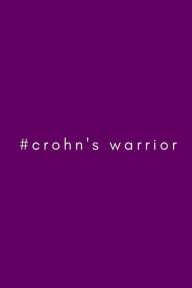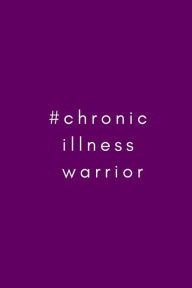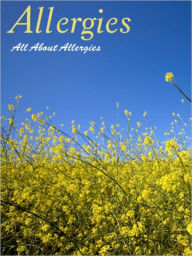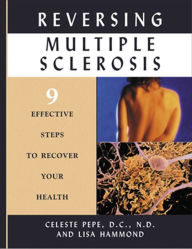The Best Foods To Eat For Preventing Stroke Through Dieting, How To Maximize Artery Health, And How To Mitigate Risks For Lethal Chronic Diseases By E
by Dr. Harrison Sachs
2020-05-29 04:46:21
The Best Foods To Eat For Preventing Stroke Through Dieting, How To Maximize Artery Health, And How To Mitigate Risks For Lethal Chronic Diseases By E
by Dr. Harrison Sachs
2020-05-29 04:46:21
This book sheds light on the best foods to eat for preventing stroke through dieting and also elucidates how to maximize artery health. Additionally, how to mitigate risks for lethal chronic diseases by embracing an antistroke, nutrient dense, alkali...
Read more
This book sheds light on the best foods to eat for preventing stroke through dieting and also elucidates how to maximize artery health. Additionally, how to mitigate risks for lethal chronic diseases by embracing an antistroke, nutrient dense, alkaline, raw fruitarian diet is delineated in this book. There are ample foods that the ailing valetudinarian should consume in order to prevent stroke. The foods that the individual should profusely consume are subsumed under a healthy, nutrient dense, raw fruitarian diet. In order to preempt stroke, the individual should eat only fruits and vegetables that are characterized by high levels of alkalinity that also have a low glycemic load. A vast variety of nutrient dense, anti-stroke, anticancer, alkaline fruits and vegetables can play a salient role in revitalizing, nourishing, and empowering the individual so that his health is rendered highly unlikely be ever comprised by an impending stroke. Ideally, the individual should consume antistroke, alkaline, anticancer, heart healthy, kidney healthy, nutrient dense, antioxidant rich, anti-inflammatory, raw fruitarian foods. Some of the ample nutrient fruits to choose from encompass avocados, olives, durian, grapes, peppers, cranberries, cherries, apricots, nectarines, tomatoes, mangoes, oranges, pineapples, kiwis, strawberries, pears, grapefruits, cucumbers, papaya, and peaches. These aforementioned fruits are chalk-full of phytonutrients, macronutrients, micronutrients, antioxidants, vitamins, minerals, digestive enzymes, fiber, and other salubrious anticancer compounds. Their medicinal properties and antistroke properties render them potent elixirs of life. They also play a vital role in optimizing the individual's artery health and prolonging their lifespan. It is paramount for the individual to only consume antistroke, antidiabetic, anticancer, kidney healthy heart healthy, nutrient dense, antioxidant rich, anti-inflammatory, alkaline, raw fruitarian foods if he is keen on precluding stroke. Citrus fruits such as orange, lime, and lemon (Gamble, 2015) can have tremendous bearing on helping prevent stroke. Moreover, citrus fruits are considered alkaline fruits (Gamble, 2015) since they leave an alkaline residue in the body post being digested. Additionally, their alkaline nature combined with their citrus compounds can also help prevent kidney stones (Gamble, 2015) which is all the more reason why the individual should be keen on consuming ample citrus fruits. There are a myriad foods that can mitigate risks for stroke. According to a study of 70,000 women published in the journal Stroke, women who consumed the most flavonoids from citrus fruits over a 14-year period had a 19% lower risk of stroke than women who consumed the fewest. Moreover, in another study of more than 30,000 older women over a period of 12 years, those who ate the most antioxidant-rich foods had the lowest stroke risk. Additionally, according to a meta-analysis of studies, higher magnesium intake from vegetables is associated with a reduced risk of stroke. Furthermore, eating more potassium-rich fruits and vegetables is also associated with a significantly lower stroke risk (Oberst, 2017). It is also incumbent to assimilate adequate levels of Vitamin D from plant based sources. Low levels of vitamin D increase your risk of stroke. According to one study, low levels of vitamin D doubles the risk of stroke in Caucasians. You can increase your vitamin D levels by consume vegan vitamin D3 supplements. Moreover, if you are overweight, even losing 10 pounds can have a substantial impact on reducing your stroke risk (Oberst, 2017). It is critical to maintain a healthy BMI, attain optimal sleep, and desist from ever consuming stroke causing foods so that you can further substantially decrease the risk of succumbing to a stroke. Moreover, vegetables are also rendered permissible under the antistroke, anticancer, heart healthy, nutrient dense, raw fruitarian diet.
Less


